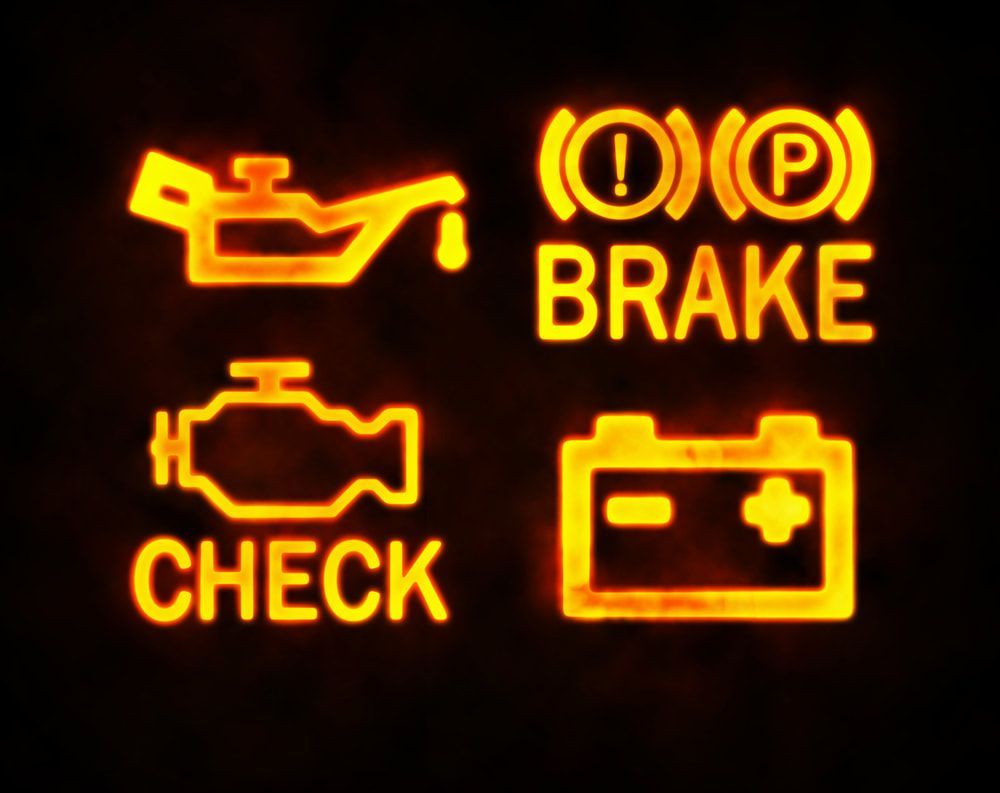Spotting a Lemon Car: Four Key Indicators and How to Avoid Them
Buying a new or used car can be a smart financial decision. However, the last thing anyone wants is to end up with a lemon, a car with a substantial defect that the manufacturer or dealer cannot fix. In this article, we'll explore four signs that may indicate you've bought a lemon car, examine the Massachusetts Lemon Law, and offer practical steps to avoid purchasing a poor-quality vehicle.
The Telltale Signs of a Lemon Car
1. Persistent Mechanical Issues
One clear sign of a lemon car is persistent mechanical problems. If the vehicle has one issue after another, it could be a lemon. Pay particular attention to recurring issues, as they are often symptoms of deeper, more serious problems.
2. Warranty Repairs
If your vehicle needs repeated repairs while under warranty, this could be a red flag. While warranties are meant to cover any issues, frequent repairs for the same problem suggest that the vehicle might be a lemon.
3. Safety Concerns
Significant safety issues like faulty brakes, steering problems, or airbag defects are serious signs of a lemon car. A vehicle with such issues poses a risk to the driver and others on the road.
4. Out of Service
If your car spends excessive time in repair shops, especially within the first year or two of ownership, it's another indicator that you might have a lemon.
Understanding the Massachusetts Lemon Law
The Massachusetts Lemon Law protects consumers who've purchased defective vehicles. It applies to new and used cars and provides remedies if the car is a lemon. If your vehicle has a significant defect that was not fixed after a reasonable number of attempts, you may be entitled to a refund or replacement.
Practical Steps to Avoid Buying a Lemon
1. Do Your Research
Before buying a used car, research its make, model, and year to see if other owners report common problems.
2. Get a Pre-Purchase Inspection
You can hire a trusted mechanic to look over the car before you purchase it. They can spot potential problems that you or the seller might miss.
3. Check Vehicle History
Use the car's Vehicle Identification Number (VIN) to check its history. This report can reveal past accidents, repairs, and whether the car has been labeled a lemon.
4. Understand Your Rights
Familiarize yourself with the Massachusetts Lemon Law. Knowing your rights can protect you from unscrupulous sellers and give you recourse if you end up with a lemon.
Case Study
To illustrate, consider Jane's experience. She bought a used car that seemed perfect. However, within weeks, she faced repeated engine failures. Despite multiple repairs, the issue persisted. Luckily, Jane researched and knew about the Massachusetts Lemon Law. She presented her case, showing that the car was out of service for 15 days in the first year due to the same defect. As a result, she received a full refund.
In conclusion, while buying a used car can be a wise choice, it's crucial to take steps to avoid purchasing a lemon. By doing thorough research, getting an inspection, checking the vehicle history, and understanding your rights under the Massachusetts Lemon Law, you can protect yourself and ensure your new-to-you car is reliable and safe.
Auto Tips from Eli's Service Staion in Arlington, MA










